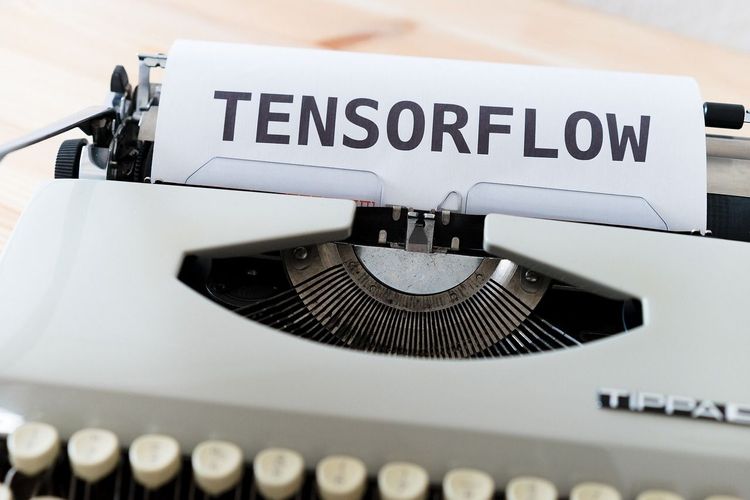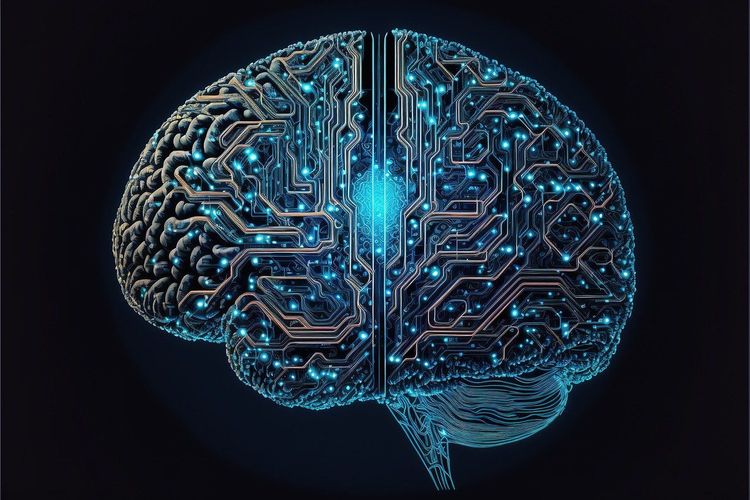This spring, AI interviews have emerged as a prominent topic in the job market. Many job seekers view AI interviews as cold and impersonal, raising concerns about their effectiveness. Employers and hiring platforms are also recognizing the limitations of AI technology. However, advancements in large language models are making AI interviewers increasingly sophisticated, improving fairness in the hiring process.
In recent years, AI interviews have been integrated into recruitment strategies, providing valuable insights into candidates following initial resume screenings. Industries such as fast-moving consumer goods, banking, and consulting are leveraging this technology. Multinational corporations and major manufacturers in China, as well as telecommunications and banking firms, frequently utilize AI interviews, particularly for roles with standardized criteria like administration, customer service, and factory operations. The growing use of AI in recruitment stems from its ability to streamline the hiring process, and as technology advances, its precision in evaluating candidates improves.
AI interviews blend video analysis, voice recognition, semantic understanding, and facial recognition to conduct thorough assessments of candidates. However, there are notable drawbacks. AI systems are unable to convey emotions or engage in meaningful interactions, which are critical in traditional interviews. Therefore, AI should complement—not replace—human interviews, and employers should avoid over-reliance on it.
Furthermore, AI algorithms can unintentionally perpetuate discrimination in hiring. Job platforms may infer candidates’ marital and parental statuses, potentially amplifying existing gender biases. This misuse resembles the "killing familiar customers" issue associated with big data, and reflects flawed hiring philosophies that prioritize profit over candidate rights. Gender discrimination in AI recruitment can be particularly subtle, with labor laws placing responsibility on recruiters. However, accountability becomes ambiguous when AI-driven discrimination occurs.
Combating AI-related discrimination is vital for protecting equal employment rights. It is essential to prevent AI systems from becoming tools of bias, which requires stronger regulatory measures and technical oversight to mitigate algorithm misuse. Involving workers in the governance of AI algorithms and enhancing union capabilities, in collaboration with third-party experts, are necessary steps.
Ultimately, effective management of AI recruitment hinges on the individuals behind the AI interviewers. All stakeholders, including candidates and hiring platforms, must uphold their responsibilities and respect worker rights to mitigate the negative consequences of AI technology. Allowing AI recruitment to evolve into a vehicle for discrimination is unacceptable. AI interviewers should not substitute the human element in assessing and selecting talent; instead, employers should refine their recruitment practices by leveraging AI tools to honor job seekers. By thoughtfully integrating AI into the hiring process, we can cultivate a more positive and equitable recruitment experience for both candidates and employers.







